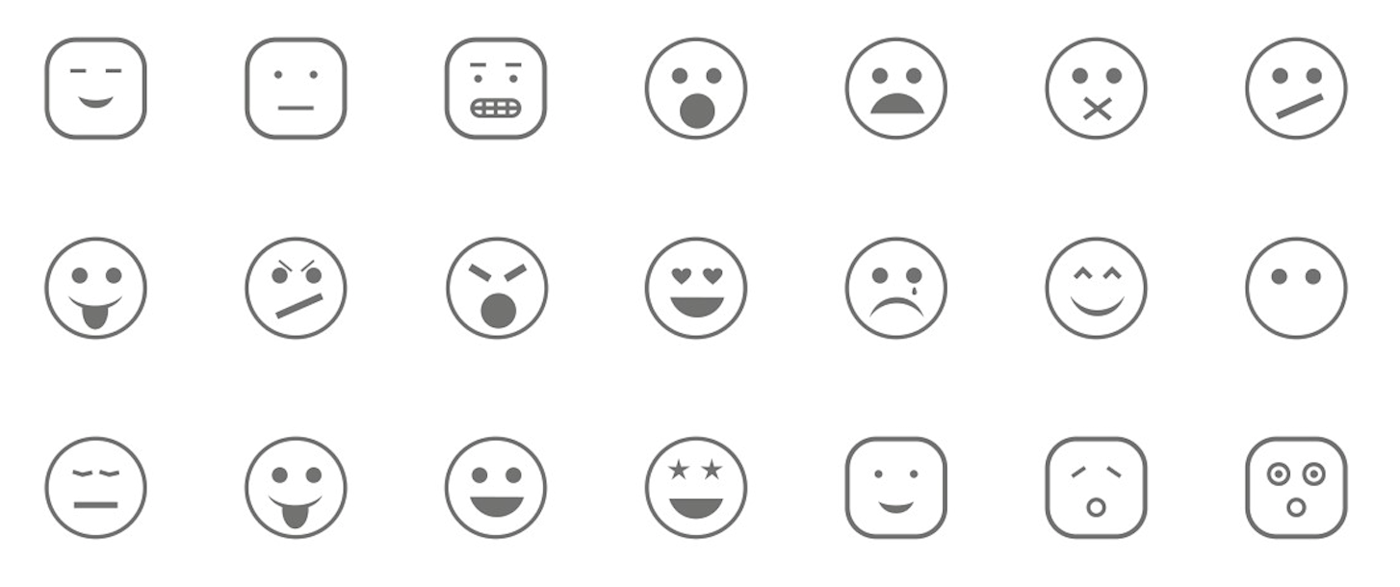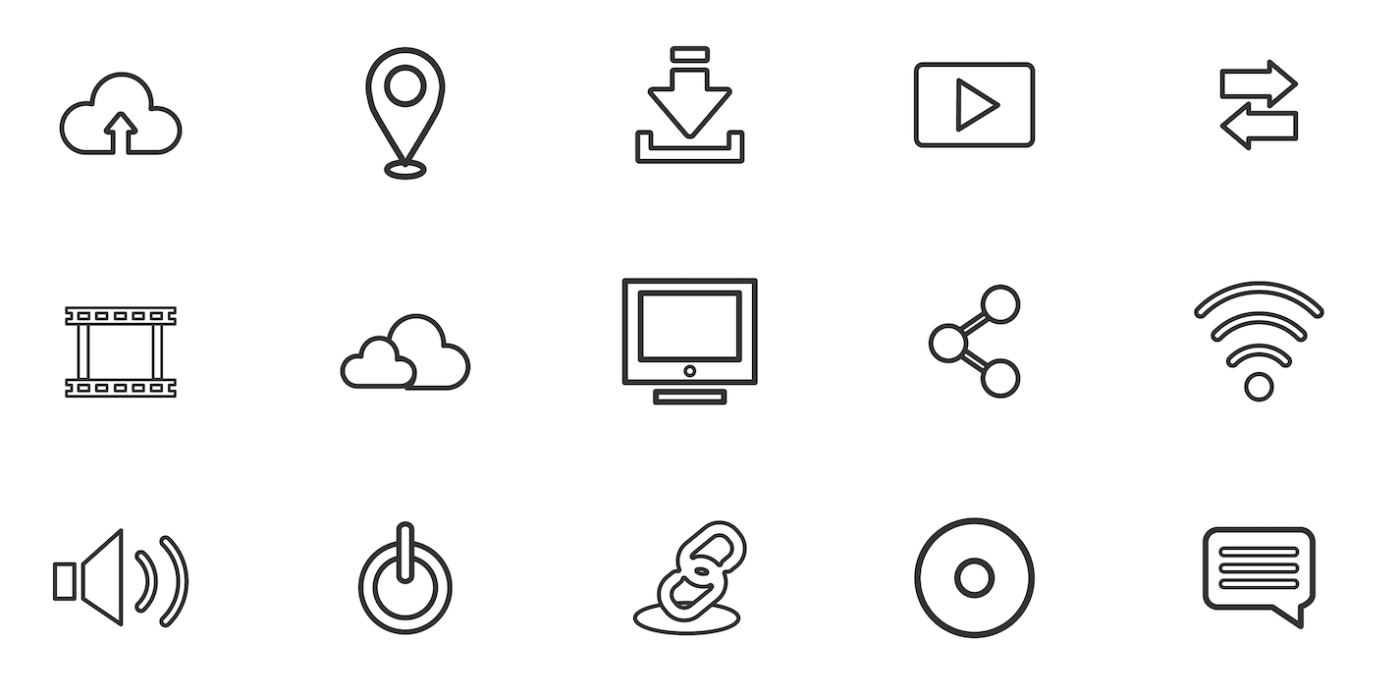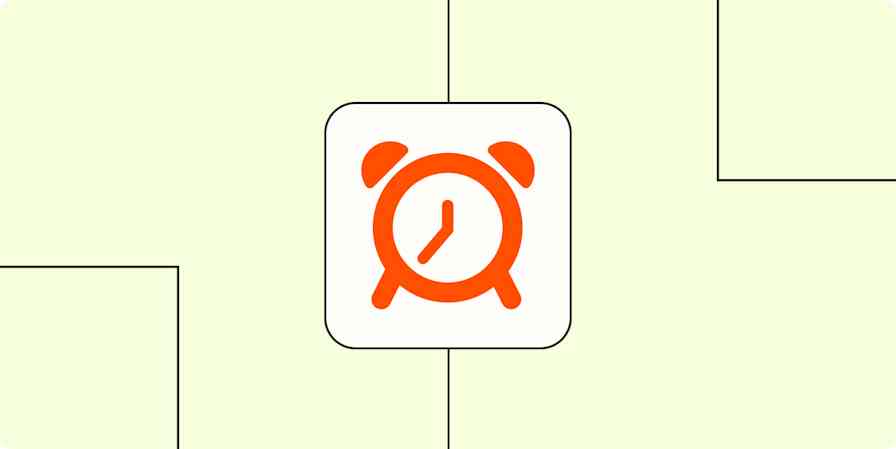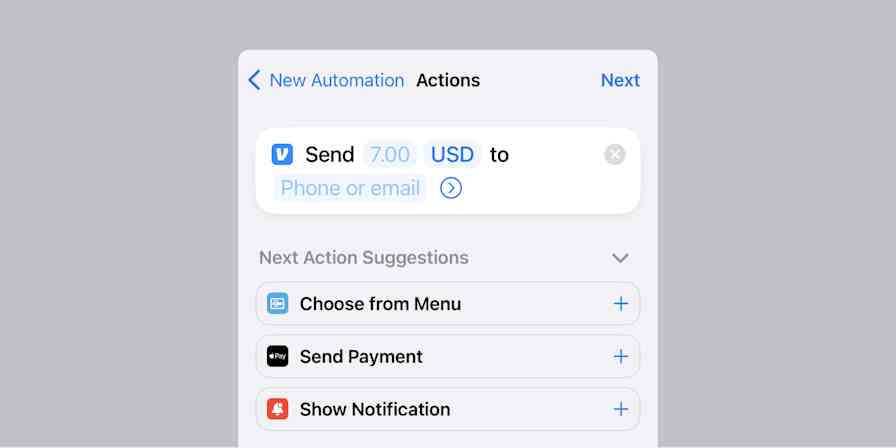In a world where people would rather administer shock therapy to themselves than be alone with their thoughts for 15 minutes, we don't usually think of boredom as a good thing.
But recent studies reveal that our constant go-go-go mindsets might be hurting more than helping. As it turns out, when you experience the right type of boredom, you can improve productivity, creativity, and self-awareness. Here, we'll take a look at how—and why—boredom can help us get more done.
The Five Types of Boredom
Boredom looks different for everyone. Some people may dread the monotony of reading a book, while others cherish their novels. Some may find aimless walks unstimulating, while, for others, they're exciting and adventurous. But whatever activities lead to boredom, the important thing is that boredom happens when you're looking for some sort of stimulation and it's not there.
This basic definition is a good starting point, but it doesn't account for the different levels of restlessness and the accompanying emotions. For example, can you be bored and happy? Bored and frustrated? Bored and angry? (Bangry?)

A team of German researchers, led by Thomas Goetz, wanted to dive deeper into these various levels of boredom. They studied a group of university and high school students, asking them to answer questions about their activities and experiences over the course of two weeks. Through their research, they were able to identify five types of boredom, each one with unique characteristics.
Indifferent: Perhaps the most neutral of the five, people with indifferent boredom are calm and withdrawn from the world. Goetz uses the words "relaxation" and "cheerful fatigue" to describe it.
Calibrating: Calibrating boredom refers to wandering thoughts and not knowing what to do. You want to change your environment or behavior but aren't actively finding alternatives. This type of boredom is common when performing repetitive tasks.
Searching: Searching boredom is defined by a sense of unpleasant restlessness and an active search for ways to minimize that boredom, usually turning to "activities and thoughts about hobbies, leisure, interests, and school."
Reactant: Characterized by feelings of aggression, reactant boredom motivates people to leave the boring situation and avoid those responsible for it. People experiencing this type of boredom have "persistent thoughts about specific, more highly valued alternative situations."
Apathetic: This type of boredom operates at a different level than the previous four. It's a deeper, more negative state of mind that can be linked to feelings of helplessness and depression, as well as destructive behaviors.
Why is it helpful to understand the spectrum of boredom? It's easy to say I'm bored, but it's harder to pinpoint why you feel that way and how you're exhibiting it. That's why it's so important to understand what boredom is and how it can manifest, so you know what to look for—and what to do next.
The Benefits of Boredom
When you're bored, it can feel like your world is at a standstill. But boredom sparks significant activity at the subconscious level. Those quiet, boring times allow your mind to wander, rewiring your brain in ways that help you achieve more.
Boredom can make you more...
Productive
Giving your brain the time and space to experience boredom can help you do more in the long run. A 2018 study found that people who had completed a boring task (sorting a bowl of beans by color, one by one) later performed better on an idea-generating task than their peers who had first completed an interesting craft activity. The "bored" participants outperformed their peers both in terms of idea quantity and quality.
Creative
Genius can strike at any time, but have you ever noticed that those great ideas usually come to mind during idle times, like taking a shower or driving to work? (Which makes it extra frustrating because you can't write them down.)
Psychologists Karen Gasper and Brianna Middlewood wanted to test this theory and find out if people who experienced boredom were more creative. They asked volunteers to watch video clips that evoked certain feelings, like boredom, relaxation, or elation, before testing their ability to think of different vocabulary words. They found that, when asked to think of vehicles, the participants who were relaxed or elated most often said "car." But the bored participants tended to come up with more creative words (even going as far as responding with "camel").
Goal-oriented
Daydreaming is your brain's way of entertaining you when you don't have enough going on around you. And, it turns out, daydreaming can also help you be more goal-oriented. European and American researchers found that mind-wandering is predominately "future-focused," allowing you to subconsciously plan and anticipate future goals.
Self-aware
Boredom can be a red flag, alerting you when something is wrong. Researcher and philosophy professor Andreas Elpidorou writes that "boredom is both a warning sign that we are not doing what we want to be doing and a 'push' that motivates us to switch goals and projects." Without that feeling of boredom, you may continue to do things that you don't enjoy, like sticking around in a job that isn't interesting or challenging enough.
While boredom can offer real benefits, it's all about moderation. Moments of boredom should be strategically interspersed throughout your day.
How to Incorporate Boredom into Your Day
The first step in making boredom work for you is finding the right kind of boredom. For example, indifferent and calibrating boredom can offer your brain time to relax and recharge. On the other hand, apathetic boredom could serve as a warning sign that there are deeper issues at play. The goal is to leverage monotony to improve other areas of your life, not to infuse negativity.
Here are three healthy ways to incorporate boredom into your day:
Choose the right activities
Everyone has those boring, repetitive work tasks, but they're not all created equal. For example, building a pivot table and analyzing the data can be tedious, but it requires a high level of focus and mental energy. On the other hand, stuffing envelopes for a marketing event or organizing the files on your desktop doesn't take much focus. Look for the latter type of activity: tasks that allow your mind to wander off.
Sandi Mann, a senior psychology lecturer at the University of Central Lancashire and author of The Upside of Downtime: Why Boredom Is Good, says that it's important to find an activity that requires little or no concentration to experience true boredom. In an article in Time magazine, she suggests activities like walking a familiar route, swimming laps, or even sitting with your eyes closed—letting your mind wander without music or stimulation to guide it.
Mann also cautions us not to confuse boredom with relaxation. Activities like yoga or meditation, which are designed to promote tranquility, don't lead to boredom since the whole point of those activities is to rid your mind of stimulation. Remember: Boredom is trying and failing to find that stimulation.
Banish distractions
Mann believes that our attachment to smartphones is preventing us from experiencing boredom and from ever feeling truly entertained. To tap into pure boredom, you need to unplug. She says:
We're trying to swipe and scroll the boredom away, but in doing that, we're actually making ourselves more prone to boredom, because every time we get our phone out we're not allowing our mind to wander and to solve our own boredom problems.
The constant scrolling means we aren't taking advantage of our boredom when it's there, and we're leading ourselves toward more not-in-moderation boredom.

So, if you're in the elevator or waiting for the coffee machine to start brewing, avoid taking out your phone to start mindlessly scrolling. Use these pre-built moments of quiet to your advantage. If you need help weaning yourself off your phone, try an app like Flipd, which locks your phone for a certain period of time (and once you do, there's no going back).
Once you've made it to your desk with your cup of coffee, the distractions only get more intense. Who can resist visiting YouTube, Buzzfeed, or Reddit when boredom strikes? Fight the temptation by blacklisting sites at certain times of the day, using apps like Freedom or WasteNoTime. When you inevitably find yourself back on YouTube, your access will be blocked. You'll either find the motivation to go back to work or be reminded to enjoy a few moments of boredom.
Avoid overbooking yourself
It's easy to accept every meeting invite, schedule coffee chats with new people, and eat lunch with your coworkers. But at the end of the day, you may realize that you didn't have any time to yourself. Of course, it's hard to predict how your Thursday will look at the beginning of the week, so it's important to strategically block off some "boredom time" in your calendar.
"[Being bored is like] the stuff that feels super uncomfortable if you're not used to it, like going to the gym. It really hurts [at first]. But then you start going maybe three, four times a week and it gets a little easier and maybe you get the little high and the sweat starts to feel good and it just suddenly becomes part of your life," said Manoush Zomorodi in a GQ article. Zomorodi's New York Public Radio tech podcast "Note to Self" turned into a project called "Bored and Brilliant," designed to get listeners to spend less time on their phones.
Boredom is like a muscle, and if you don't make time to train it, you'll lose it. Set aside time for boredom in your calendar, so people don't schedule overlapping meetings. Then, when it's boredom time, find an empty conference room or leave the office to find quiet.
The science of boredom is still a fledgling field, but it's clear there are at least some benefits to infusing boredom into your day.
But don't force it—if you're dreading a truly boring task or craving moments of activity, that's okay. Listen to what you need in the moment, and reassess accordingly. Perhaps it's easier to embrace boredom on certain days but not others. Or maybe you need to balance idle time with periods of liveliness. Experiment with different things and find what works best for you.
Just remember: Boredom isn't always the enemy. It may even be the unsung hero that can save your productivity and creativity.
Related reading:
Title photo by Scott Warman via Unsplash. Emoticon image designed by ibrandify / Freepik. Technology icon image designed by rawpixel.com / Freepik.





